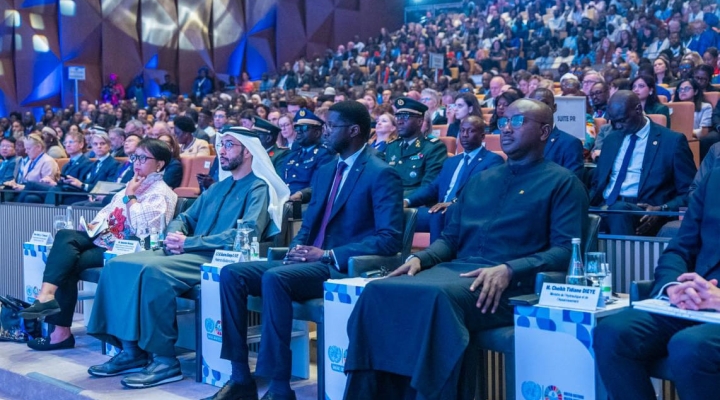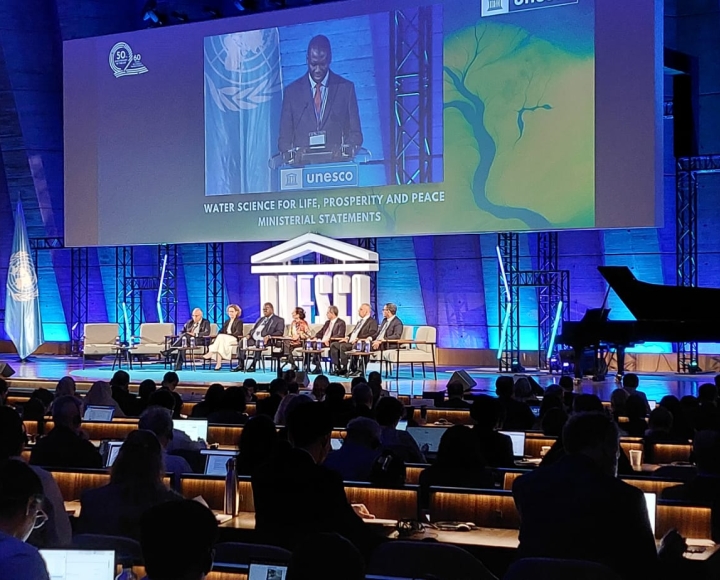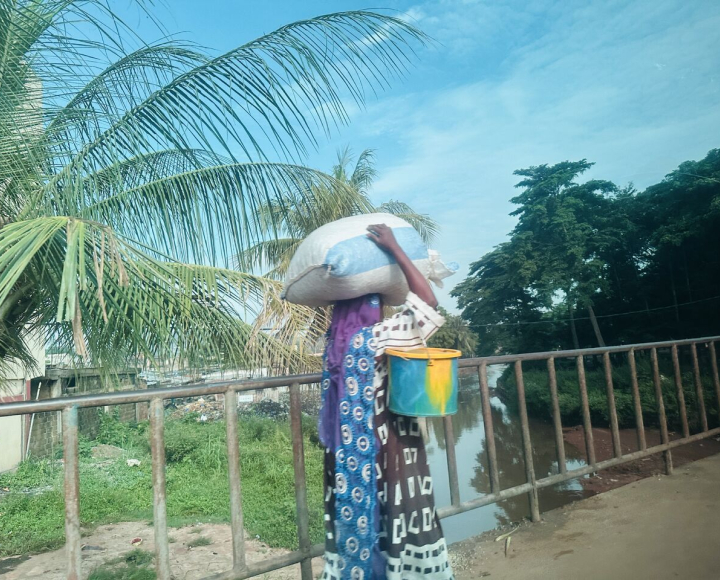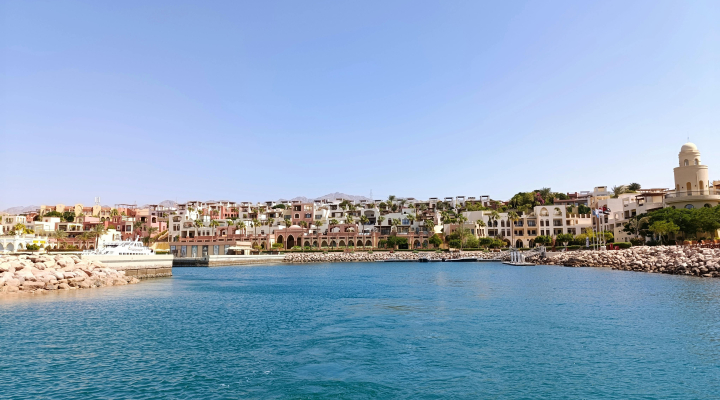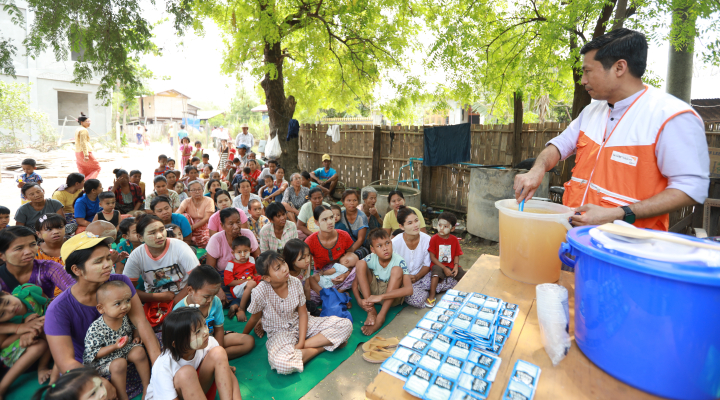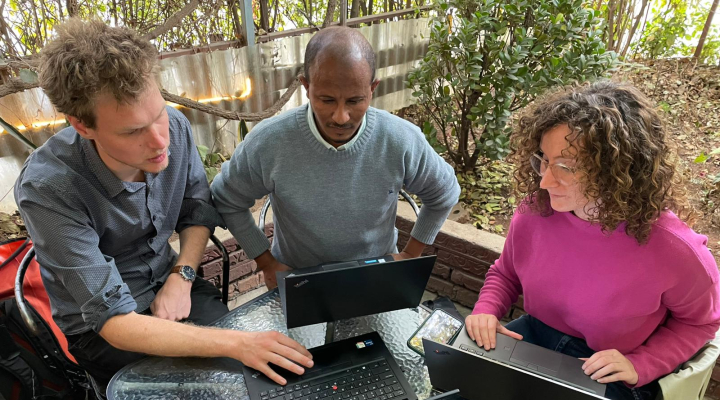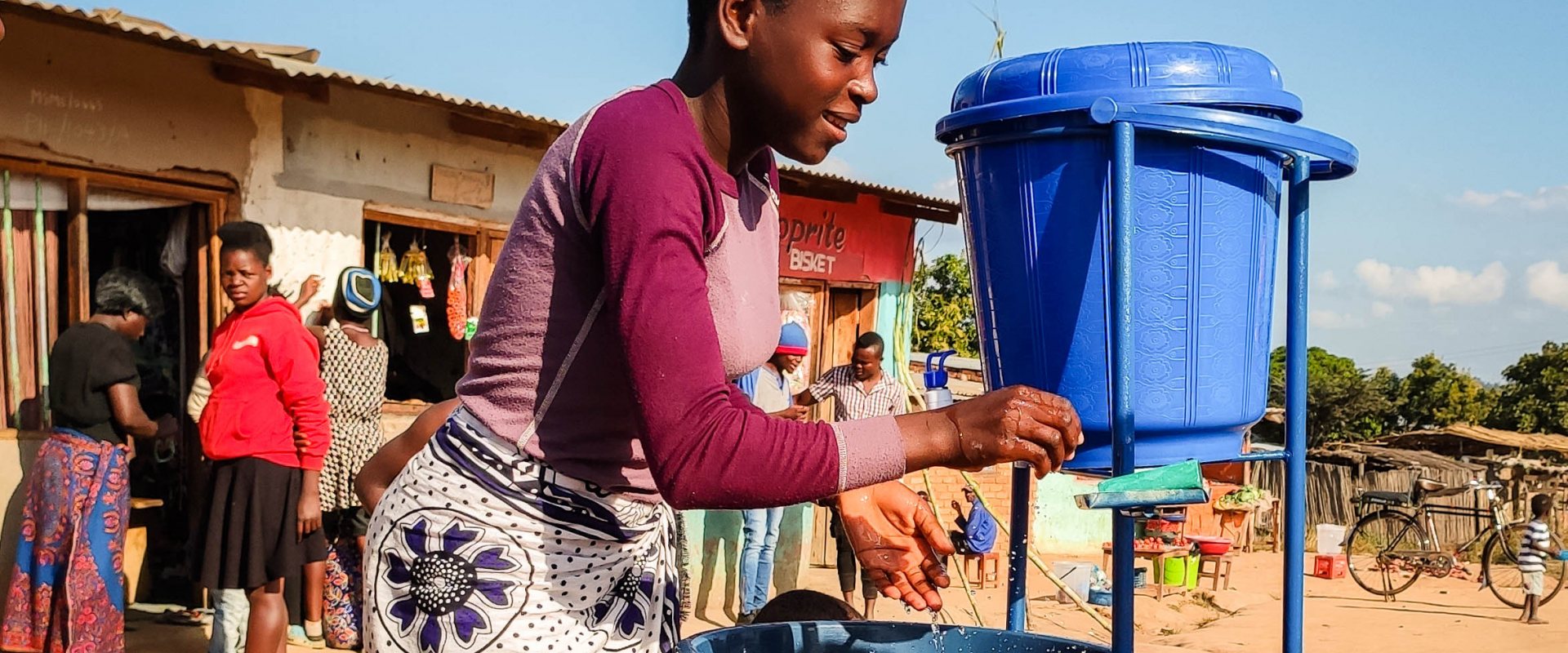
Let’s celebrate Global Handwashing Day
Today, 15 October, is Global Handwashing Day. Washing hands is by far the most simple and effective way of preventing illness and the spread of germs. This is also the case with the corona virus
However, three out of 10 people in the world lack access to clean tap water. On a day like this, we can only appreciate the beneficial work of so many organisations, such as Wilde Ganzen, supporting handwashing projects all around the globe.
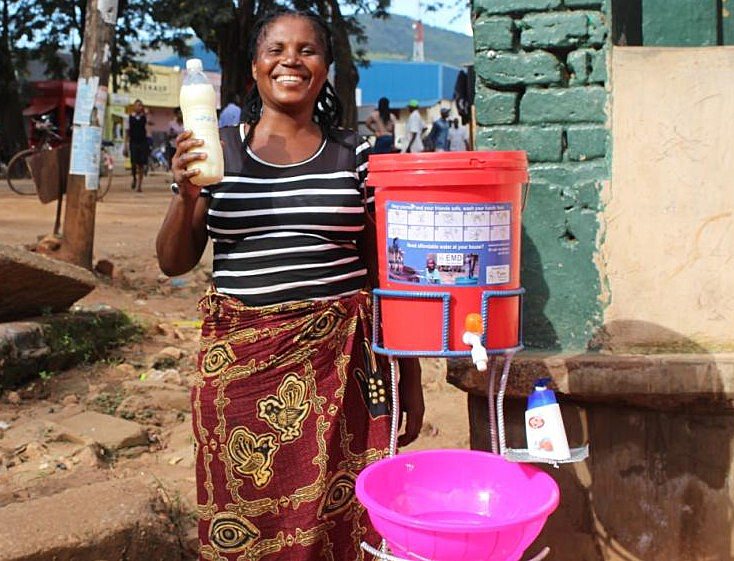

Too successful
Dutch non-profit organisation Wilde Ganzen anticipated on the effects of the Covid pandemic in developing countries and initiated a special fund for Covid-19 projects. The organisation offered its local partners a doubling of the funding for projects that addressed the pandemic.
The financial support proved so successful that Wilde Ganzen had to close the fund this summer after having awarded 250 projects. Many of which addressed health education and handwashing.
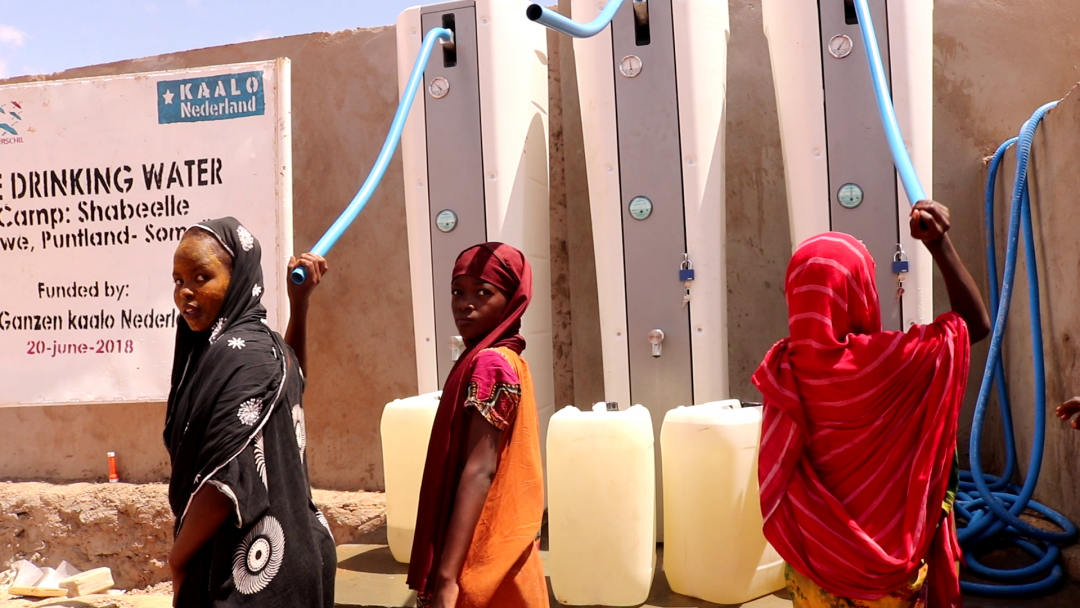

Food aid
According to project advisor Ernst Eisma at Wilde Ganzen, the first Covid-projects were two folded. Some focused on relief, especially on food supply. Others focused on education and health support to stop the spreading of the virus.
‘Initially we funded projects for handing out food parcels as many people could not buy their food anymore. The lock down had disrupted food supplies. As the pandemic continued, our local partners shifted their focus to more development aid, like distribution of seeds or creating urban kitchen gardens’, Eisma explains.
‘The education projects advocated social distancing, wearing masks and washing hands. Of course this also implied the need for sufficient supply of water and soap. Through our Covid fund we have been able to co-finance many additional handwashing facilities in Africa, Asia and Latin America’
Best design
One such partner is Smart Centre Malawi that issued a tender for local SME companies to design a handwashing device for schoolyards, market squares and health centers. The SME with the best design was honoured a contract for 75 devices that were delivered in July and August. The launching order should enable the SME to start a commercial roll out of the device.
Smart Centre Malawi provides training for these SMEs in accounting and marketing of locally producible techniques such as well drilling, rope pumps, washing stations, latrines.
Global Handwashing Day is organised by the Global Handwashing Partnership since 2008. This year’s theme is ‘Hand Hygiene for All’ to achieve universal access and practice of handwashing with soap for now and for a healthy future.




